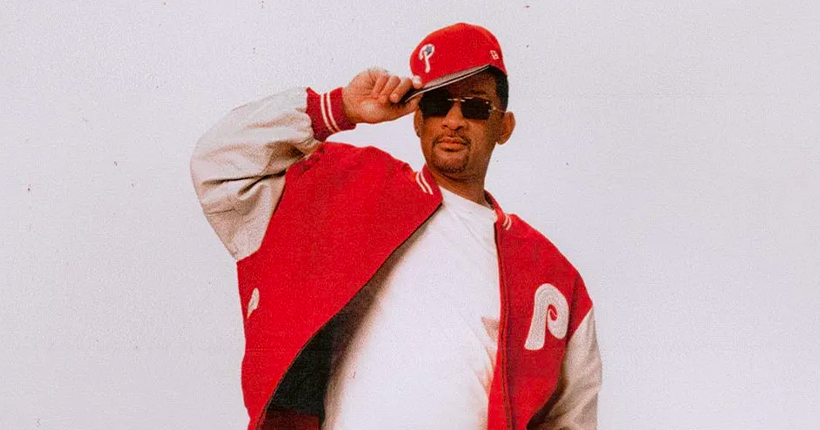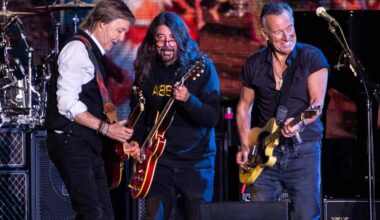Will Smith is officially back in the booth. After nearly two decades away from music, the Hollywood icon has returned with a brand new album, Based on a True Story, released today (March 28). It marks his first full-length rap project since 2005’s Lost and Found.
Although fans weren’t exactly demanding a comeback, Smith’s return has been brewing. From his nostalgic surprise appearance at Coachella in 2023 to cryptic social media teases, the 56-year-old has been slowly reminding the world that he’s more than just an actor — he’s a foundational figure in hip hop.
With his new album out, let’s take a look at Will Smith’s lasting legacy in the rap game and entertainment industry.
He Helped Hip Hop Go Mainstream
In the mid-1980s, long before Grammy wins and movie roles, Will Smith — alongside DJ Jazzy Jeff — was one of the few artists helping hip hop reach a mainstream, family-friendly audience. Their hit album He’s the DJ, I’m the Rapper went triple platinum and included iconic tracks like “Parents Just Don’t Understand” and “A Nightmare on My Street.”
At a time when groups like N.W.A. and 2 Live Crew were pushing boundaries and attracting controversy, The Fresh Prince gave hip hop a wider cultural reach — opening the door to suburban households and becoming a key figure in its early mainstream success.
He Made Grammy History
Smith and Jazzy Jeff were the first hip hop act to win a Grammy, taking home the award for Best Rap Performance in 1989. However, they also took a principled stand by boycotting the ceremony after learning the award wouldn’t be televised.
That decision set a precedent for artists like LL Cool J, Salt-N-Pepa, JAY-Z, Eminem, and Drake, who’ve all protested Grammy decisions over the years. Smith’s stance showed that even while breaking records, he was willing to take a stand for the culture.
He Took Hip Hop to Primetime
After facing financial troubles in the late ’80s, Will Smith pivoted to television, starring in The Fresh Prince of Bel-Air. The sitcom became a cultural phenomenon and introduced hip hop to primetime audiences with one of TV’s most iconic theme songs.
The show’s success further cemented Smith’s reputation as a versatile entertainer and proved that hip hop could thrive on the small screen just as it did in music.
He Dominated Music and Movies Simultaneously
By the late ’90s, Smith was one of the biggest actors on the planet, starring in Independence Day, Bad Boys, and Men in Black — but he didn’t leave music behind.
The title track for Men in Black launched his solo music career, leading to the massive success of Big Willie Style, which included hits like “Gettin’ Jiggy Wit It” and “Miami.” Few artists have achieved that level of crossover success in music and film simultaneously.
He Opened the Door for Rappers in Hollywood
From Ice Cube and Queen Latifah to 50 Cent and Ludacris, many rappers have followed in Will Smith’s footsteps. He proved it was possible to transition from music to film successfully — and do it while staying true to his brand.
Smith also helped pioneer the use of hip hop-driven soundtracks in major films, a model replicated in blockbusters like 8 Mile, Get Rich or Die Tryin’, Black Panther, and Creed.
Legacy and Impact
Will Smith’s rap career may have been overshadowed by his achievements in film, but his contributions to hip hop’s growth, legitimacy, and mainstream acceptance can’t be overstated. He’s a Grammy-winning pioneer, a TV trailblazer, and an Oscar-winning actor — one of the few artists to accomplish all three.
While he’s been the subject of memes, criticism, and public scrutiny — from his personal life to the infamous Oscar slap — his return to music reminds us that Will Smith is still one of hip hop’s most influential figures.






